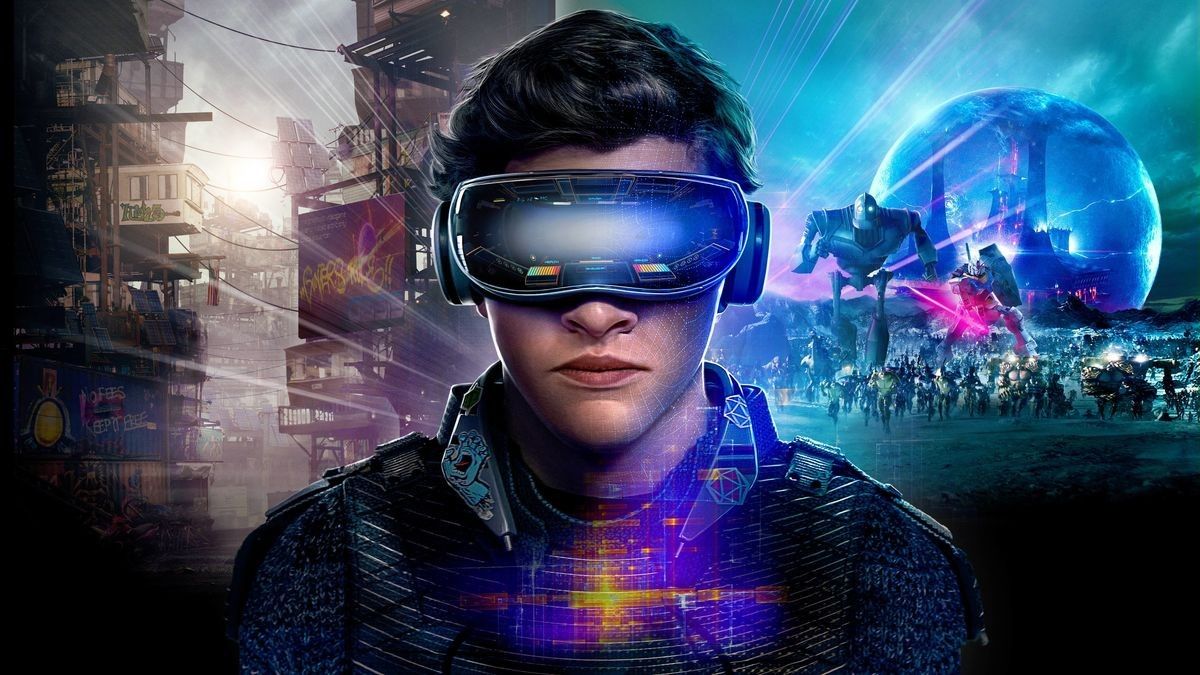Virtual worlds may be important places where children practice but they’re going to kill reality, according to a report. They’re also a strong and attractive alternative to more passive adventures like watching TV.
The research was conducted among children using the BBC’s Adventure Rock virtual world, aimed toward those aged 6-12.It surveyed and interviewed children who were the primary to check the sport.

Children explore the globe alone but they use message boards to share what they find and what they are doing within the different creative studios they find round the virtual space.

At times, children were explorers and at others they were social climbers needing to connect with other players. Some were power users trying to find more information about how the virtual space really worked.
The kids could try all types of things without having to be petrified of the implications that may follow if they tried them within the globe. They learned many useful social skills and played around with their identity in ways in which would be rather more difficult in reality.

According to the study what children liked about virtual worlds was the prospect to form content like music, cartoons and videos. The publishers of the report say that virtual worlds may be a robust, engaging and real interactive alternative to more passive media.
They urged creators of virtual spaces for youngsters to induce teenagers involved very timely because they really do have good ideas to feature and that they are superb critical friends.

